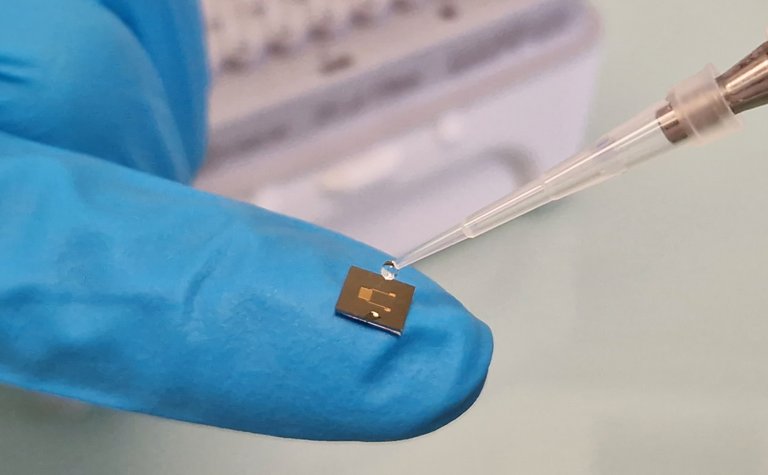Proteins for the transport and storage of electricity

Researchers from the CIC biomaGUNE, BCMaterials and CIC energiGUNE research centres have produced proteins with the ability to transport and store electricity. These proteins can be used to produce sustainable, efficient, and biocompatible conductive materials. They are very stable and easy to process materials, which allows them to be integrated into industrial processes.
Proteins have been designed in the laboratory to efficiently generate electricity. To this end, genetic modifications were made to the DNA containing the protein production instructions.
Changes in the protein made it possible to facilitate the movement of ions within the material, and the proteins could be successfully integrated into an efficient energy storage device.
In the future, these conductive protein-based materials could replace the traditional conductive materials used in batteries and supercapacitors, making them much safer for the human body. Of particular interest are the development of bioelectronic devices such as pacemakers, implantable glucose sensors or brain electrodes, which are used to treat Parkinson's and other diseases.
The work has been published in the journal Advanced Materials.
Buletina
Bidali zure helbide elektronikoa eta jaso asteroko buletina zure sarrera-ontzian











